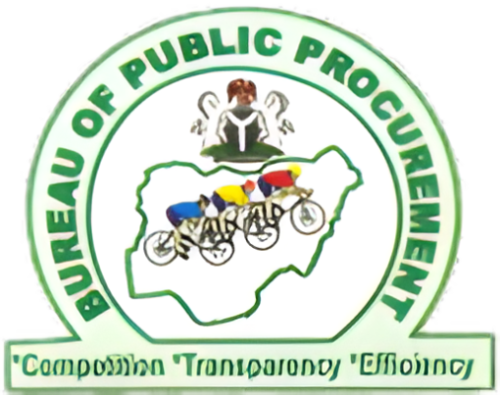The Bureau of Public Procurement (BPP) has safeguarded Nigeria’s finances by preventing the loss of N1.9 trillion to contract-related fraud, according to its Director-General, Adebowale Adedokun. Speaking during a budget defence session with the Senate Committee on Public Procurement in Abuja, Adedokun highlighted the agency’s critical role in combating corruption within the public sector.
Established on June 14, 2007, the BPP has become instrumental in curbing inflated contract costs, fund mismanagement, and inefficiency in public procurement. “Over the past 17 years, BPP has revolutionized Nigeria’s procurement processes, ensuring fairness, transparency, and efficiency in awarding and executing contracts,” Adedokun stated.
He further noted that the agency’s price intelligence measures alone have saved the country approximately N40 billion annually, contributing to the total of N1.9 trillion in cumulative savings.
Broader Impacts on Revenue and Oversight
Beyond preventing financial losses, the BPP has bolstered revenue generation for key agencies, including the Federal Inland Revenue Service (FIRS) and the National Pension Commission (PENCOM). However, Adedokun expressed concerns over the bureau’s ability to sustain its achievements due to inadequate funding.
For its 2025 capital budget, the BPP requested N63.5 billion, but the Budget Office of the Federation approved only N1.57 billion. Adedokun warned that this limited allocation could hinder the bureau’s ability to address pressing needs, such as replacing outdated project monitoring vehicles, enhancing staff accommodations, and implementing an electronic procurement system.

Operational Challenges and Senate Intervention
During the session, the Senate Committee, led by Senator Olajide Ipinsagba (APC, Ondo North), raised concerns about the BPP’s capacity to monitor contract awards and implementation effectively across over 800 government agencies. The bureau currently operates with a workforce of just 158 employees, which lawmakers deemed insufficient for its mandate.
The committee recommended that the BPP include provisions for additional staff recruitment in its 2025 budget proposal to strengthen its operational efficiency.
Looking Ahead
Despite these challenges, the BPP remains committed to maintaining its vital role in Nigeria’s anti-corruption efforts. By ensuring accountability and curbing financial mismanagement, the agency has demonstrated its value as a cornerstone of good governance in public procurement.
Adedokun emphasized that with adequate support and funding, the bureau could further expand its capabilities, safeguarding public resources while driving greater transparency and efficiency in government contracts.


